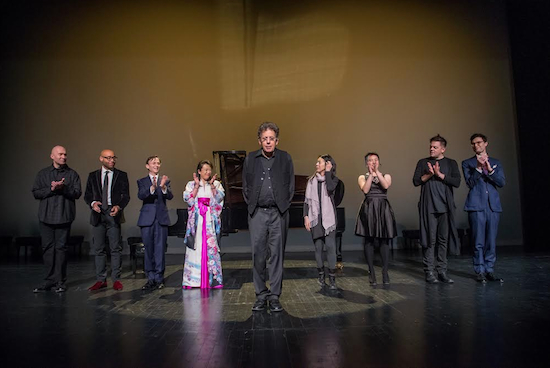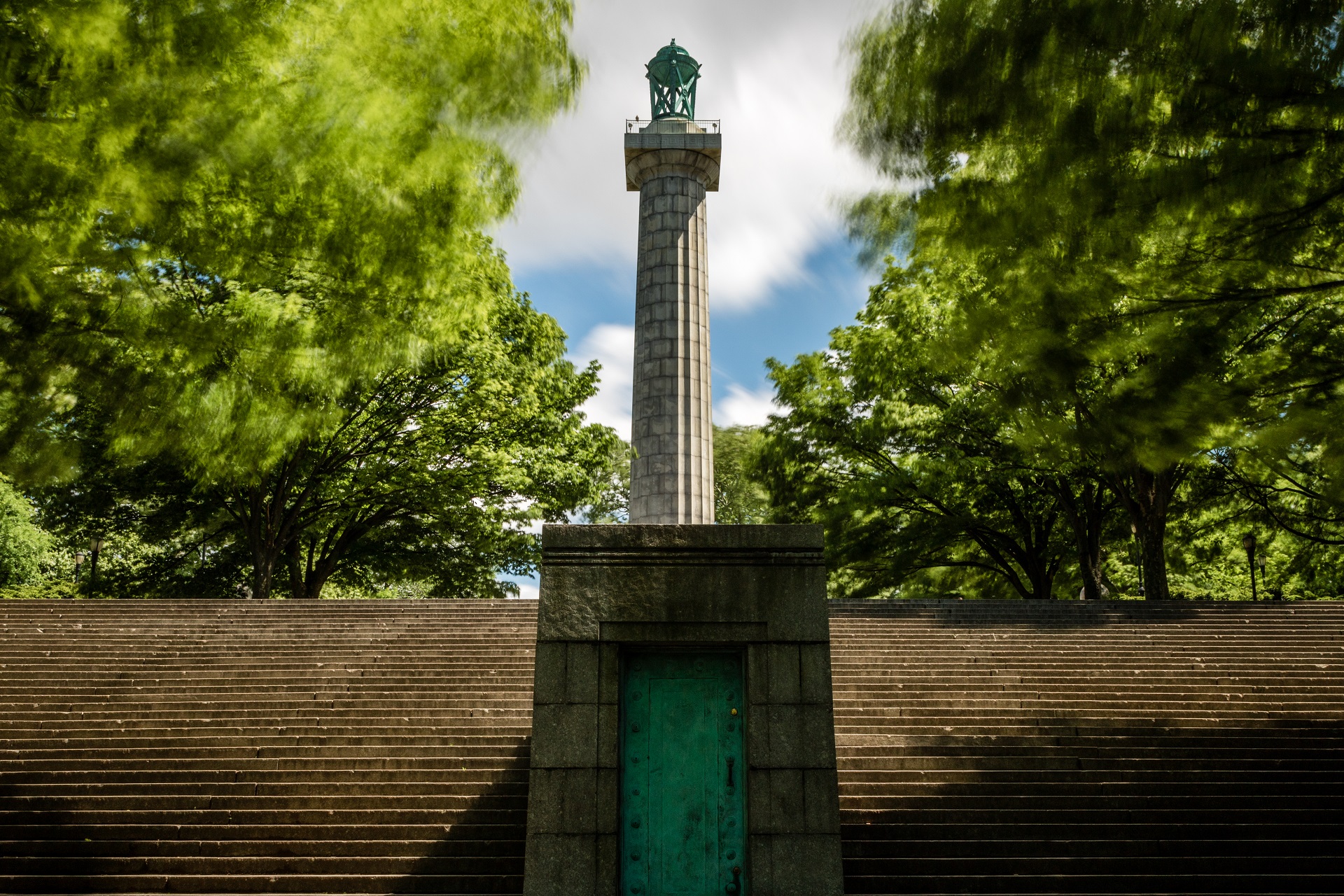Philip Glass performs NY premiere of his complete Etudes at BAM
Concert Includes Diverse Group of Pianists

The Brooklyn Academy of Music (BAM) hosted Philip Glass and a group of other piano virtuosi over the weekend for a performance of Glass’ 20 Etudes. The show, which was held at the Howard Gilman opera house, ushered in the tail end of BAM’s 2014 Next Wave Festival.
Mention the word etude and anyone who has studied music will likely recall hours spent playing pieces that seemed less like songs and more like difficult, often monotonous technical exercises. In other words, many etudes — although not all — can reach a level of pedagogy that causes most human ears to send signals to the brain to shut down for condition: boredom.
Many composers have written etudes, and many more students have played them, but only a handful of the tricky tunes — from such master pianists as Frédéric Chopin, Franz Liszt and Claude Debussy — have made it into the limelight as the sort of music people would want to go see at a concert hall. Add Philip Glass to that list, too.
